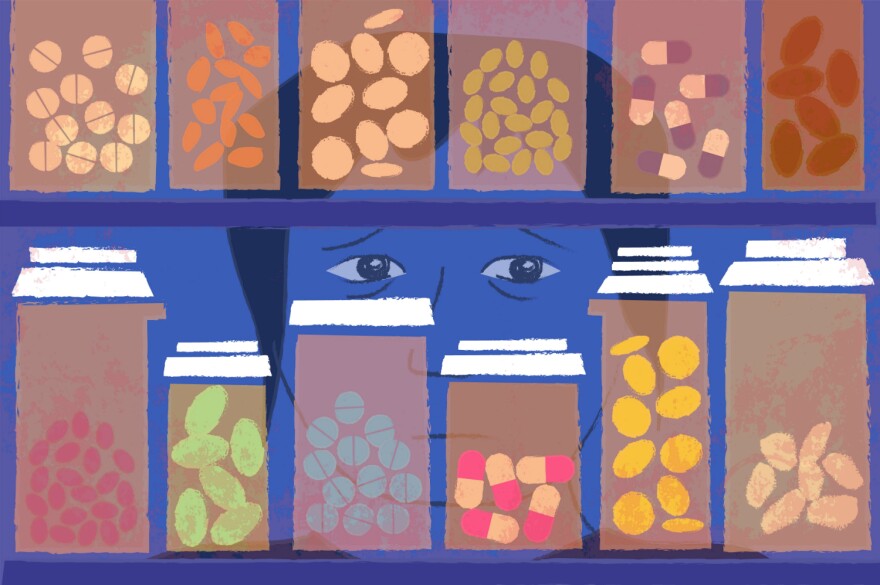People between the ages of 55 and 65 in the St. Louis area can receive free life-saving medications through an online senior prescription program.
Rx Outreach, a mail-order pharmacy in Maryland Heights, launched the Fill the Gap Prescription Assistance Program to help uninsured seniors access medications associated with cardiovascular disease, diabetes, asthma and allergy-related illnesses for one year.
Some seniors need immediate assistance with reducing health care costs because of other socioeconomic barriers that prevent them from accessing quality care, said Rx Outreach President and CEO Roy Whitley.
“It's about getting our communities healthier, giving them access to quality health care, affordable medications and seeing what we could do together as a partnership, really, to move mountains in the community,” he said.
To qualify for the program, an individual's income must be at or below 300% of the federal poverty line. For a one-person household, that is $46,950; it's $96,450 for a four-person household.
People must live in St. Louis or St. Clair, St. Charles, Jefferson, Franklin, Madison, Monroe or St. Louis counties. Though the program is for uninsured persons, there is some availability for insured people who are below the poverty line.
The Seniors Community Revitalization and Development Fund is funding the pilot program through the Deaconess Foundation to help get more prescriptions to seniors across the region. The program has about $75,000 to help around 475 people receive medications for a year or fill about 2,500 prescriptions for seniors. There are various medications available for seniors, which include nearly 400 medication strengths and sizes.
Whitley said his team’s research found that people between the ages of 55 and 65 are in the range where they do not qualify for Medicaid or Medicare and need support for prescriptions that are not in their budgets. Also, he added that the recent closures of some Walgreens and CVS pharmacies in north St. Louis and north St. Louis County will force residents to turn to alternative medications since they no longer have easy access to their prescriptions.
“One year isn't enough, obviously, to really understand what that impact might do long term for an individual, but I think as the program develops and keeps growing, I think we're going to be poised to see some real significant outcomes for these individuals who, most likely, are going without having the medications at all,” Whitley said.
He said partnering with local organizations helps improve health equity in the region and provides more social services for an often invisible population.
“It's important that it's available for free because that economic stressor makes people choose between the meal on the table, between the lights being on, or between the few nickels and dollars that they can give to their grandbaby, that great grandbaby and their health,” said Bethany Johnson-Javois, president and CEO of the Deaconess Foundation.
She said the community should address fundamental needs like transportation, economic disparities or housing issues linked to health barriers to help empower low-income seniors and ultimately provide an economic safety net.
“The goal would be to help reduce these health disparities, not because the pills do that … but it has to be surrounded by really good primary care with a trusted partner who's in relationship hand in hand with the family that is also supporting that senior,” Johnson-Javois said. “Right now, in partnership, we are getting these stop-gap interventions that the medications are going to help, but there's so much more that has to happen.”






